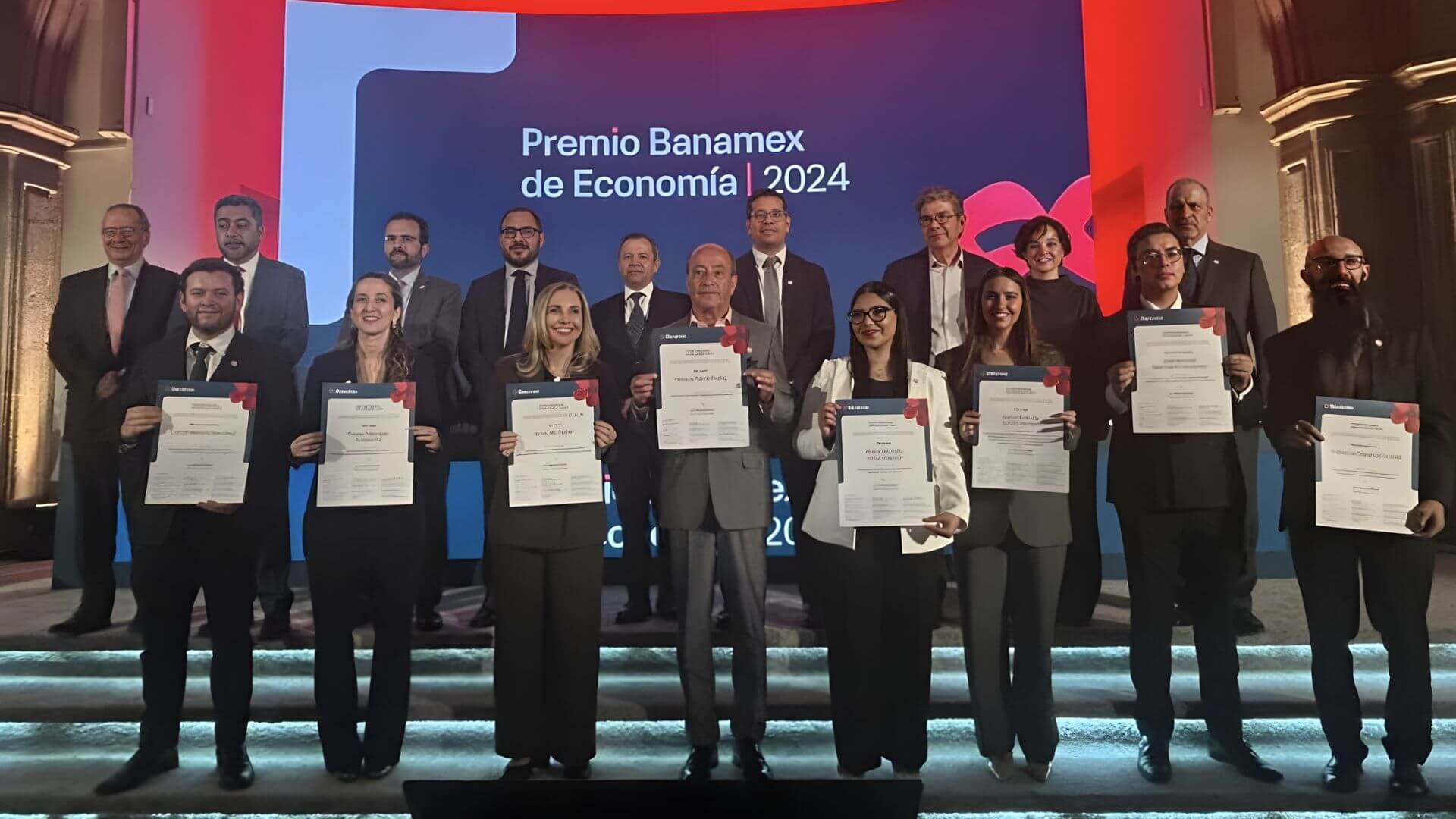
Juan Pablo Martínez Guzmán, assistant professor at UMD School of Public Policy, has received an award that will facilitate his research on the development of a practical and intentional approach toward equity and representativeness in participatory budgeting systems. The Independent Scholarship, Research and Creativity Award (ISRCA) provides funding to support faculty pursuing independent scholarly and/or creative projects.
Participatory budgeting is a type of reform that engages citizens and assists governments in becoming more responsive to the needs of underrepresented communities. It consists of opening public budgeting processes so that citizens can offer direct input that affects government spending decisions, identifying and prioritizing public spending projects. “Available evidence suggests that participatory budgeting reforms can lead to improved identification of issues and an enhanced capacity to address community needs,” says Martínez Guzmán.
He also states, “One weakness in participatory budgeting reforms is that its participatory processes are not often successful in enhancing the voice of disenfranchised communities. Instead, as those same studies show, smaller groups that are not representative of the larger community often ‘capture’ participatory meetings.”
One weakness in participatory budgeting reforms is that its participatory processes are not often successful in enhancing the voice of disenfranchised communities.Juan Pablo Martínez Guzmán
Martínez Guzmán shares that the research he plans to conduct as part of the ISRCA award will focus on providing solutions to issues of diversity and representativeness, which the scholarship on participatory budgeting has largely failed to do.
“Furthermore, scholars and reformers tend to focus on providing equal opportunities for participation; thus, failing to acknowledge that some communities might need different solutions so that access to participatory systems can become equitable,” says Martínez Guzmán.
The primary goal in this study is to find solutions that will ensure equity and inclusion of marginalized groups and develop a practical and intentional approach toward equity and representativeness in participatory budgeting. This equity will ultimately strengthen communities and enhance trust in elected representatives. With careful planning, participatory budgeting can foster civic engagement and build an infrastructure of equity and inclusion to disenfranchised populations within communities.



